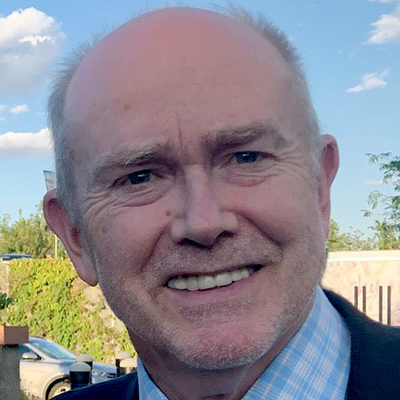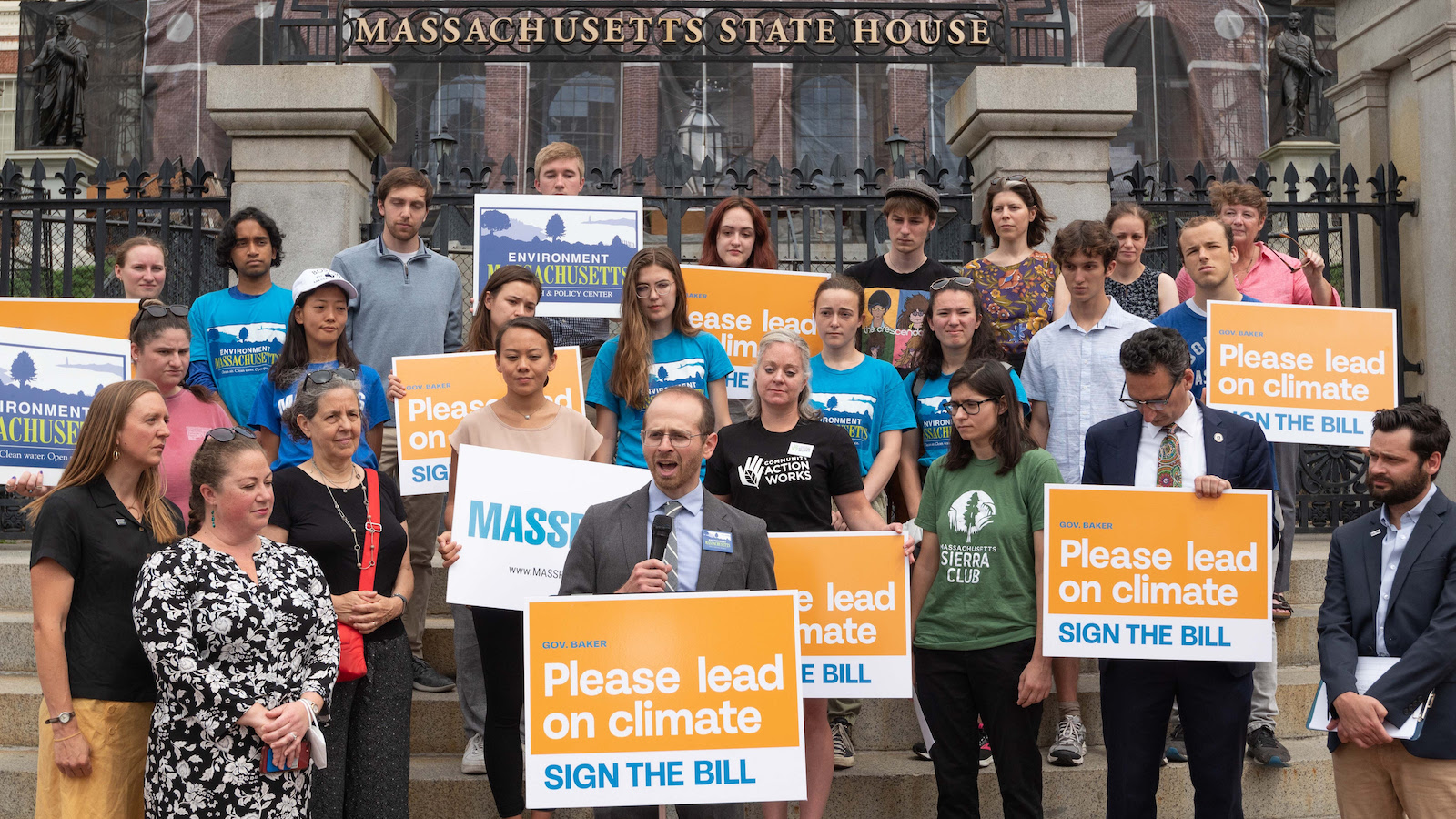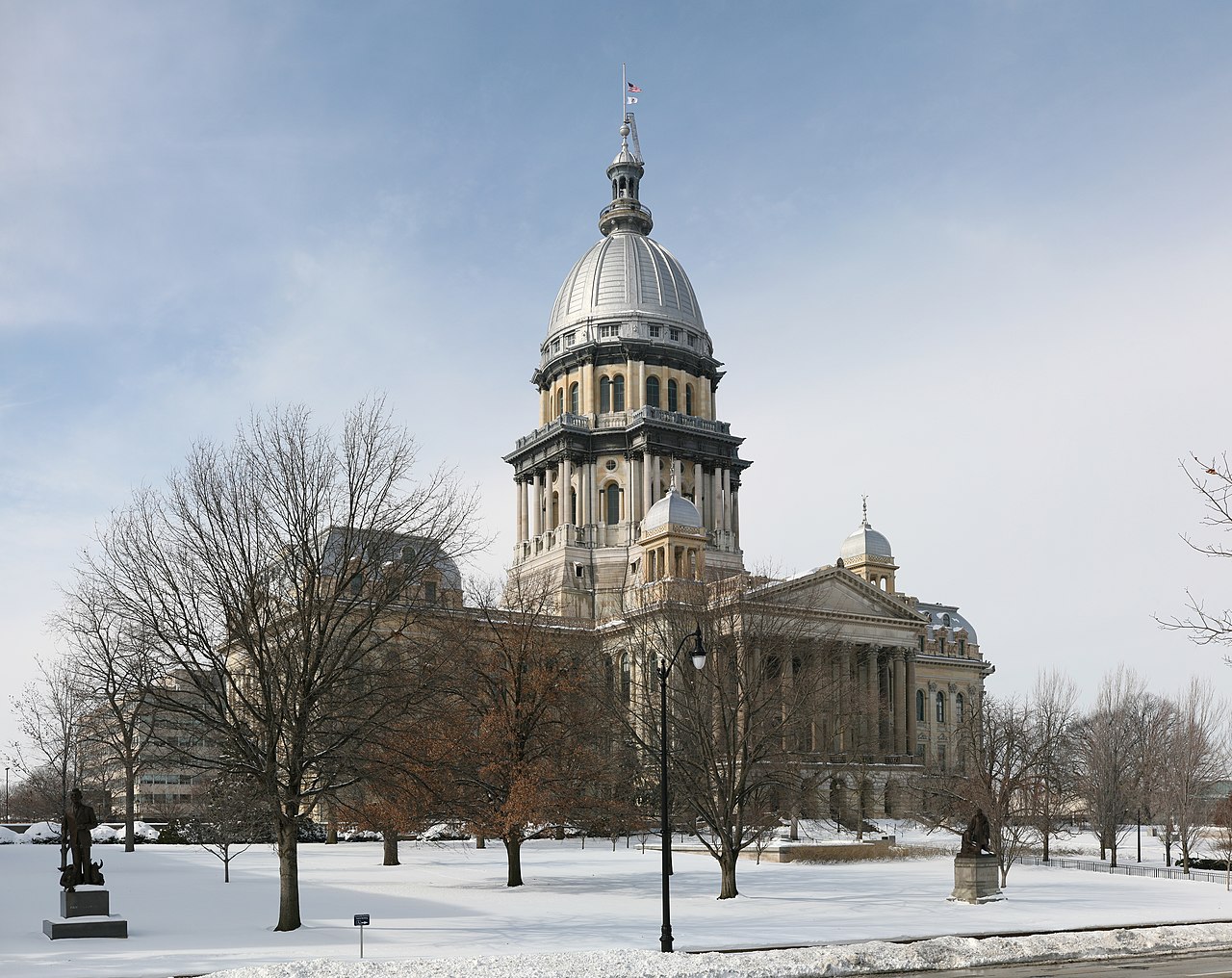
More climate action in the states
Following long-awaited good news of historic climate progress at the federal level, two states have also delivered noteworthy climate action.

Following long-awaited good news of historic climate progress at the federal level, two states have also delivered noteworthy climate action:
-
California set an ambitious goal to generate enough offshore wind power to meet a quarter of the state’s energy needs by 2045; and
-
Massachusetts adopted legislation moving the state closer to a clean, all-electric future with commitments to all-electric car sales by 2035 and an all-electric MBTA bus fleet, support for all-electric heating and appliances, and much more.
The Public Interest Network’s flagship organizations, PIRG and Environment America, and our nationwide networks of state PIRGs and environmental groups have made a priority of winning climate action in California, Massachusetts and other states. We’re doing it not just because we need states to step up in order to reach President Biden’s goal of cutting U.S. climate emissions 50% by 2030, but also because states play an integral role moving climate policy and politics in the right direction at every level of decision making.
When a leading state originates an impactful climate solution, that idea can take off in more states and nationally. We’re pleased to see that Massachusetts’ newly codified commitment to one of our Destination: Zero Carbon campaign goals, all-electric car sales by 2035, follows California’s and New York’s lead.
Likewise, we’ve been urging California to take a page from the playbook of Atlantic Coast states, which, with the strong support of our state environmental groups, have made offshore wind commitments sufficient to power 12.5 million homes by 2035. Now the California Energy Commission has upped the ante, responding to Gov. Gavin Newsom’s calls for an aggressive target by setting California’s sights on powering 25 million homes by midcentury with offshore wind, according to their estimation.

And there’s one innovative feature of Massachusetts’ climate bill that PIRG and Environment America hope to spread far and wide, state by state, in the coming years. The bill lets up to 10 cities or towns require clean, all-electric heating and appliances in all new buildings — which complements the suite of rebates for electric appliances and tax credits for rooftop solar, heat pumps and more made available to consumers by the Inflation Reduction Act.
Along with setting climate policy trends, states can also improve climate politics by easing the partisan polarization that so often stands in the way of bold climate action. By working outside Washington, D.C., and focusing on local impacts and opportunities, it’s still possible to start a conversation that includes both parties, leading to broadly popular and therefore more enduring policy victories.
That’s why we’re glad to see the Republican governor of Massachusetts, Charlie Baker, sign Massachusetts’ new climate bill into law, showing that we all benefit from a speedier transition to solar and wind power and electric transportation, buildings and appliances. As Environment Massachusetts Director Ben Hellerstein told The Washington Post, “Leaders in Massachusetts of all political stripes are showing that states can take meaningful climate action. This bill gives me hope that we can work together to build a future where all of us can thrive.”

There’s much more work to do. But I’m confident that, with the right encouragement from us and our allies, states will continue catalyzing positive change for our climate.
Thank you to California Gov. Gavin Newsom and the California Energy Commission, and leaders at the Massachusetts State House, including energy committee chairs Sen. Michael Barrett and Rep. Jeff Roy, House Speaker Ron Mariano, Sen. Pres. Karen Spilka, and Gov. Charlie Baker. Congratulations to Laura, Dan, Ben and the rest of our teams in California and Massachusetts.
Topics
Author
Douglas H. Phelps
President and Executive Director, The Public Interest Network
Doug is President and Executive Director of The Public Interest Network. As director of MASSPIRG starting in 1979, he conceived and helped organize the Fund for the Public Interest, U.S. PIRG, National Environmental Law Center, Green Century Capital Management, Green Corps and Environment America, among other groups. Doug ran the public interest careers program at the Harvard Law School from 1976-1986. He is a graduate of Colorado State University and the Harvard Law School.
Find Out More

Our 2024 priorities in the states

Lawn care goes electric

How fast is solar energy growing?

